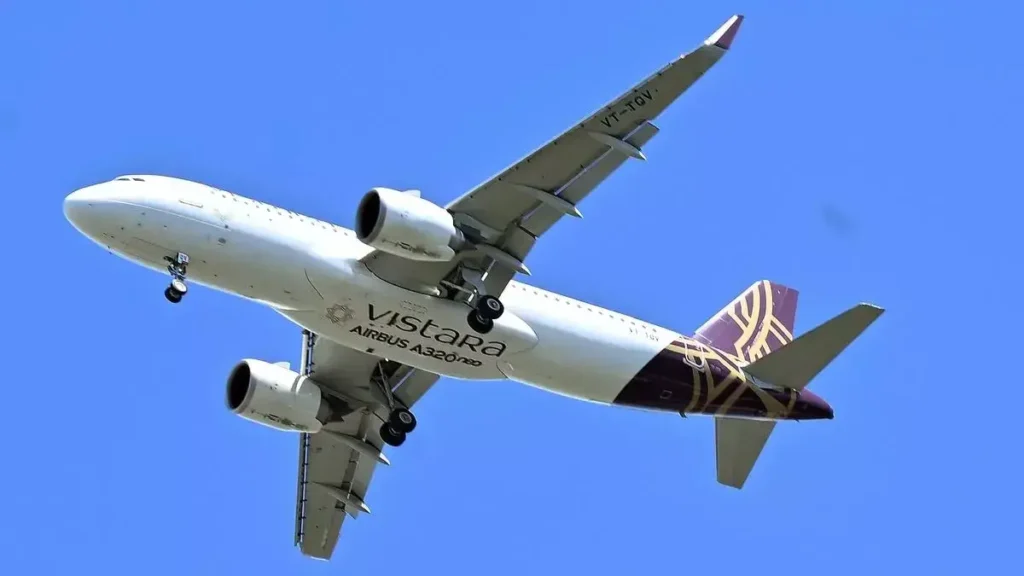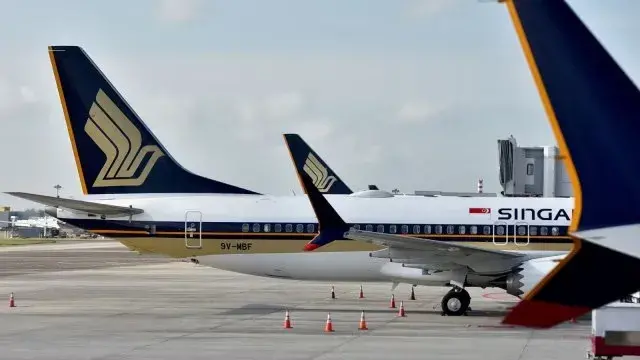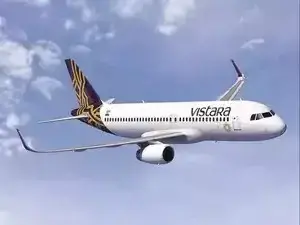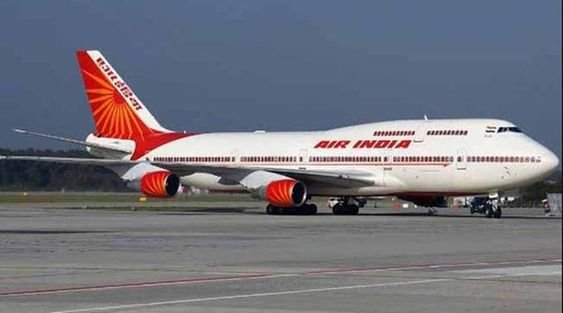Air India Pilots Frustrated Ahead of Vistara Merger Over Retirement Age Discrepancy
As Tata Group prepares to merge Air India and Vistara, a growing number of Air India pilots are reportedly dissatisfied due to differences in retirement age policies between the two airlines. While Air India mandates a retirement age of 58 for its pilots and other staff, Vistara allows its pilots to work until 60. This disparity has raised concerns about equal treatment for employees within the merged entity, as the management has yet to address this issue. The merger, set for completion on November 11, is part of Tata Group’s strategic move to consolidate its aviation interests. Although efforts were made to align salary structures and working conditions for employees across both airlines, sources say the retirement age discrepancy remains unresolved, leaving Air India pilots feeling at a disadvantage. “Air India pilots are losing out on two years of service compared to their Vistara counterparts, and with no clear resolution in sight, frustration is mounting,” said an insider who wished to remain anonymous. Under India’s Directorate General of Civil Aviation (DGCA) regulations, pilots are eligible to work up to the age of 65, providing airlines flexibility in setting retirement ages. In response to growing concerns, Air India introduced a policy in August allowing retired pilots to be re-employed on contract for up to five years, with the option of extension until 65. However, employees argue that this solution does not address the underlying disparity between the airlines. The retirement age difference adds to an existing sense of inequity, as some Air India pilots have reportedly found themselves ranked lower in the seniority list compared to less-experienced Vistara pilots in the unified seniority structure. Tata Group’s acquisition of Air India in January 2022 aimed to streamline operations, but these unresolved issues underscore the complexities of integrating two established airlines with differing policies and cultures. As the merger approaches, Air India pilots hope for a resolution that ensures fairness and equal opportunities for all employees within the combined entity. Source: thehindubusinessline Photo Credit: thehindubusinessline




